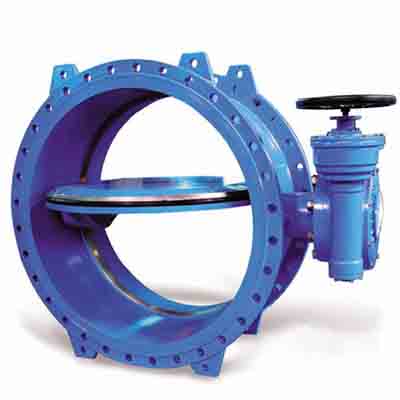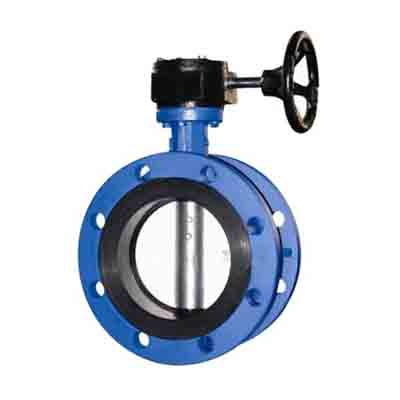What Is a Butterfly Valve Vs a Globe Valve?
Butterfly valves and globe valves are two commonly used types of valves in industrial applications, each with its own design and functionality. Here, we will explore the characteristics, advantages, and best uses of butterfly valves and globe valves to understand their differences.
Butterfly Valve:
A butterfly valve is a quarter-turn valve that uses a disc-shaped closure element, known as a butterfly disc, to regulate the flow of fluid. The disc is mounted on a rod passing through the center and rotates 90 degrees to open or close the valve. Here are some key characteristics and advantages of butterfly valves:
Low-Pressure Drop: Butterfly valves have a streamlined disc design that offers a low-pressure drop across the valve. This means that there is minimal resistance to flow, resulting in efficient fluid transfer and reduced energy consumption. The low-pressure drop characteristic makes butterfly valves suitable for applications where maintaining high flow rates is important.

Double Eccentric Butterfly Valve
Cost-Effective: Butterfly valves are generally more cost-effective compared to other valve types, making them a popular choice for various industrial applications. The simplicity of their design, coupled with their ease of maintenance and installation, contributes to their cost-effectiveness.
Suitable for Large Pipe Sizes: Butterfly valves are available in large sizes, making them suitable for applications that involve piping systems with larger diameters. Their ability to handle high flow rates and low-pressure drops makes them suitable for applications in industries such as water treatment, HVAC, and large-scale industrial processes.
Limited Shut-Off Capability: Compared to globe valves, butterfly valves have a limited shut-off capability. Although they can provide a tight shut-off when closed, they may not be suitable for applications that require absolute zero leakage. In critical applications where tight shut-off is necessary, additional measures such as secondary sealing may be required.

Flanged Concentric Butterfly Valve
Globe Valve:
A globe valve is a linear motion valve that uses a plug or disc mechanism to regulate the flow of fluid. The plug or disc is moved perpendicular to the flow direction to open or close the valve. Here are some key characteristics and advantages of globe valves:
High Shut-Off Capability: Globe valves are known for their excellent shut-off capability. When fully closed, the plug or disc seats firmly against the valve seat, ensuring minimal leakage. This makes globe valves suitable for applications where tight shut-off is essential, such as in critical processes or when handling hazardous fluids.
Versatility: Globe valves can be used in a wide range of applications and industries. They are suitable for handling various types of fluids, including liquids, gases, and steam.




Comments
Please Join Us to post.
0